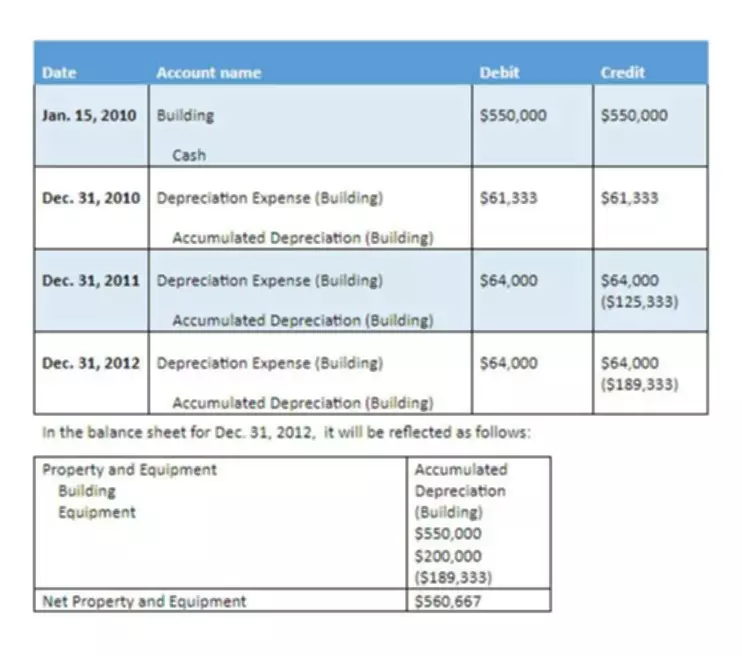Content

“Aside from revenue and expenses, the key thing is managing your cash and your cash flow. There’s usually a misconception that if you have revenue of X amount, then you have cash of that amount just sitting there, but that’s not necessarily the case,” says Charlie. Do you have money in the bank, how much, and what does that money need to cover? To get the full tax benefit of claiming legitimate business expenses, you need to be able to substantiate them with supporting documentation. Cash that flows out of the company to pay for assets or services (e.g., utilities, business insurance, salaries).
Bookkeeping, accounting, and auditing clerks have control of an organization’s financial documentation, which they must use properly and keep confidential. It is vital that they keep records transparent and guard against misusing an organization’s funds.
Which Accounting Jobs Are in Demand?
Bookkeepers who work for multiple firms may visit their clients’ places of business. They often work alone, but sometimes they collaborate with accountants, managers, and auditing clerks from other departments. Bookkeeping, bookkeeping accounting, and auditing clerks use specialized computer accounting software, spreadsheets, and databases to enter information from receipts or bills. They must be comfortable using computers to record and calculate data.
Accounting Reports To Analyze Your Small-Business Operations – Software Advice
Accounting Reports To Analyze Your Small-Business Operations.
Posted: Fri, 09 Sep 2022 07:00:00 GMT [source]
Daily records were then transferred to a daybook or account ledger to balance the accounts and to create a permanent journal; then the waste book could be discarded, hence the name. Bookkeeping is the recording, on a day-to-day basis, of the financial transactions and information pertaining to a business. It ensures that records of the individual financial transactions are correct, up-to-date and comprehensive.
Bookkeeping and Accounting Basics
Nearly all bookkeeping is done using computerized accounting software and programs, so bookkeepers should be comfortable learning new technology if not proficient in it. With bookkeepers, there are a lot of minutiae involved, and keen attention to detail is paramount. Accountants, on the other hand, tend to use the bookkeeper’s inputs to create financial statements and periodically review and analyze the financial information recorded by bookkeepers. We’ve listed some of the key differences when it comes to the requirements and job market for each. Some of the key tasks for accountants include tax return preparation, conducting routine reviews of various financial statements, and performing account analysis. Another key responsibility for accountants includes conducting routine audits to ensure that statements and the books are following ethical and industry standards.
What information does bookkeeping provide?
Essentially, bookkeeping provides two kinds of information: (1) the current value, or equity, of an enterprise and (2) the change in value—profit or loss—taking place in the enterprise over a given period of time.
It is a financial report that tracks incoming and outgoing cash in your business. It allows you to understand how well your company handles debt and expenses. By summarizing this data, you can see if you are making enough cash to run a sustainable, profitable business. A chart of accounts is a list of the accounts codes that can be identified with numeric, alphabetical, or alphanumeric codes allowing the account to be located in the general ledger. The equity section of the chart of accounts is based on the fact that the legal structure of the entity is of a particular legal type. Possibilities include sole trader, partnership, trust, and company.
Importance of Bookkeeping
Bookkeeping is the meticulous art of recording all financial transactions a business makes. By doing so, you can set your business up for success and have an accurate view of how it’s performing. Bank reconciliation is the process of finding congruence between the transactions in your bank account and the transactions in your bookkeeping records. Reconciling your bank accounts is an imperative step in bookkeeping because, after everything else is logged, it is the last step to finding discrepancies in your books.

Some bookkeepers, however, are actually involved in strategy development. Bookkeepers and accountants sometimes do the same work, but have a different skill set. In general, a bookkeeper’s role is to record transactions and keep you financially organized, while accountants provide consultation, analysis, and are more qualified to advise on tax matters. Bookkeepers may take trial balances occasionally to ensure that the journal entries have been posted accurately to every account.
Some bookkeeping, accounting, and auditing clerks become certified. For those who do not have postsecondary education, certification is a particularly useful way to gain expertise in the field. People often confuse bookkeepers and accountants—and with good reason. While there are certain similarities and overlaps between the two, there are distinctions that set these two roles apart.
- The amounts in each of the accounts will be reported on the company’s financial statements in detail or in summary form.
- Outsourcing the work to a seasoned bookkeeper can allow you to focus on your business plan and growth.
- The Similar Occupations tab describes occupations that share similar duties, skills, interests, education, or training with the occupation covered in the profile.
- Posting is the process by which account balances in the appropriate ledger are changed.
- These transactions are usually maintained in a cash book to track incoming revenue and outgoing expenses.
- Detailed records will also be handy in the event of a tax audit.
- In addition to the general ledger, a company may have had subsidiary ledgers for accounts such as Accounts Receivable.
